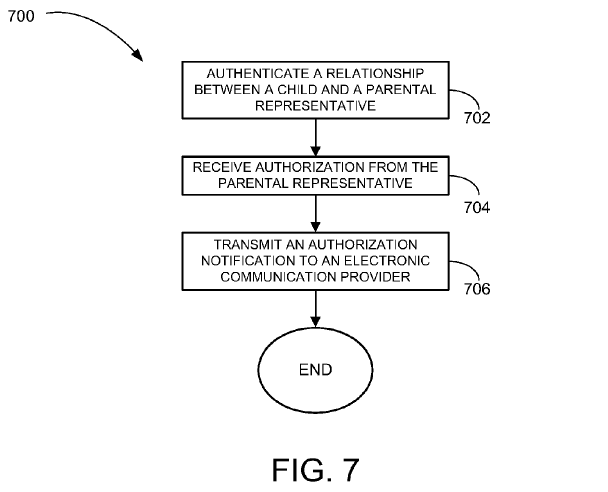The Supreme Court took a major step in cutting back on abstract software patents last June when it issued its landmark ruling in Alice Corp. v. CLS Bank. In essence, the court said that abstract ideas implemented by conventional computer process are not eligible for patent protection. Since then, the PTO has attempted to write guidance applying the law to pending patent applications. Unfortunately, the PTO has floundered and continues to grant far too many invalid patents. This week EFF filed public comments asking the Office to do more to ensure its examiners apply the new law.
 In our comments, we criticize the PTO’s latest statement on Alice. The main problem with the PTO’s interim guidance on patent eligibility is that it doesn’t really provide much guidance. Faced with the challenge of applying recent rulings, the Office simply summarizes a series of court decisions without explaining how examiners should apply them to new applications. Even worse, the PTO has included some old decisions from lower courts that are, at the very least, questionable law after Alice.
In our comments, we criticize the PTO’s latest statement on Alice. The main problem with the PTO’s interim guidance on patent eligibility is that it doesn’t really provide much guidance. Faced with the challenge of applying recent rulings, the Office simply summarizes a series of court decisions without explaining how examiners should apply them to new applications. Even worse, the PTO has included some old decisions from lower courts that are, at the very least, questionable law after Alice.
We think the PTO should instead focus on explaining how Alice has changed the law. Most important is to emphasize to examiners that abstract ideas and functions implemented by conventional computer processes are no longer patent eligible. Prior Federal Circuit authority held that a programmed general purpose computer was a patent-eligible machine. That is no longer the law.
Our comments identify a number of recently-issued patents that should not have been granted after the Alice ruling. For example, US Patent No. 8,978,130 was just issued and is basically a patent on getting parental permission (but over a computer with authorization codes). Figure 7 from this patent is shown here. Back in 2013, the examiner rejected a number of the proposed claims writing: “Examiner advices [sic] the applicant to add hardware (i.e., micro-processor or computer processor) to the claim language.” Under now-overruled law, it was often enough to simply tack on generic hardware to save an abstract software patent claim. Alice changed that. Nevertheless, the examiner never revisited the eligibility issue and allowed the patent.
The Supreme Court’s decision in Alice will only help if the PTO applies it diligently. Even bad patents are useful to trolls as litigation weapons since they are so expensive to overturn. To cut the problem off at the source, we need the PTO to stop the flood of invalid software patents.







